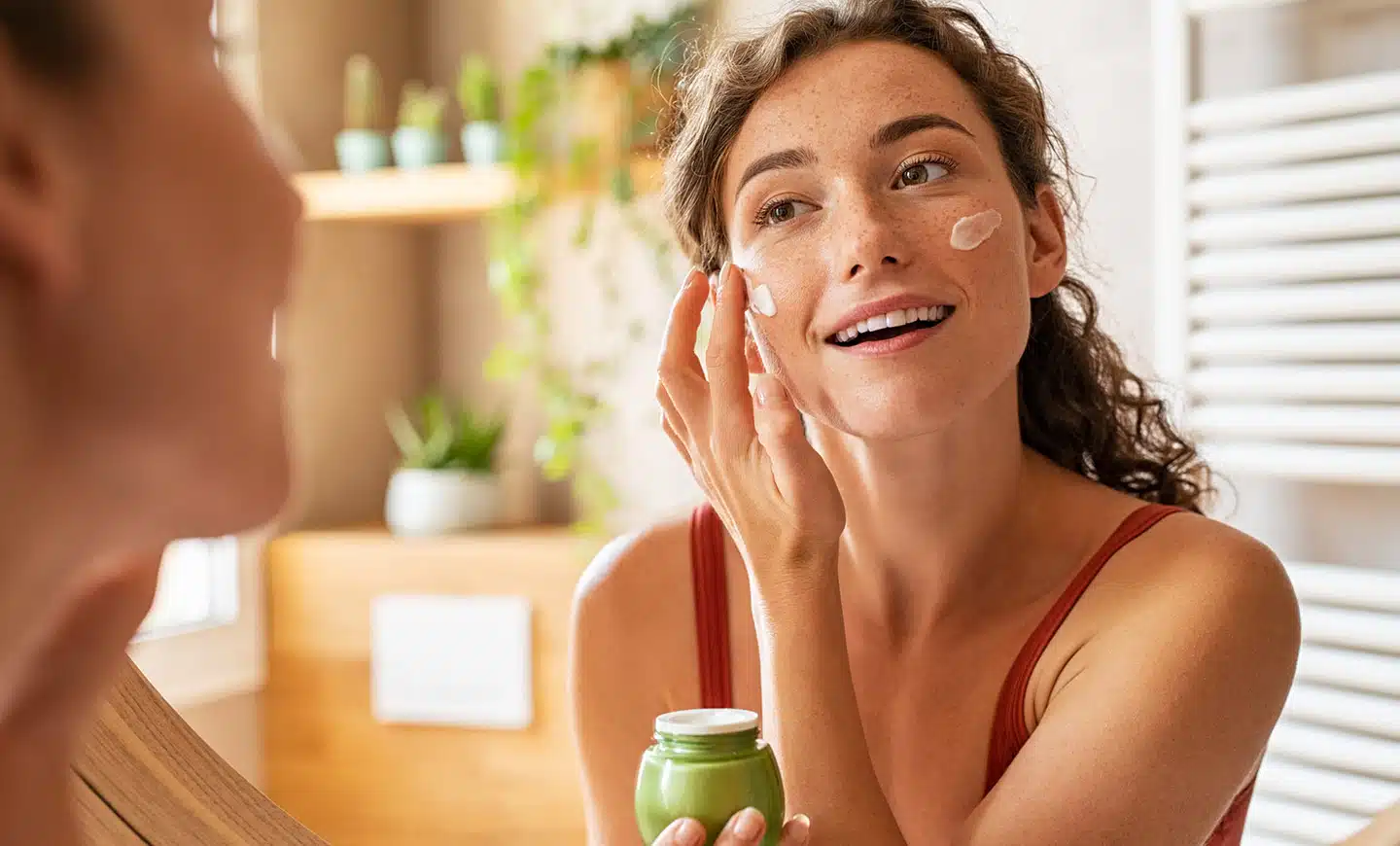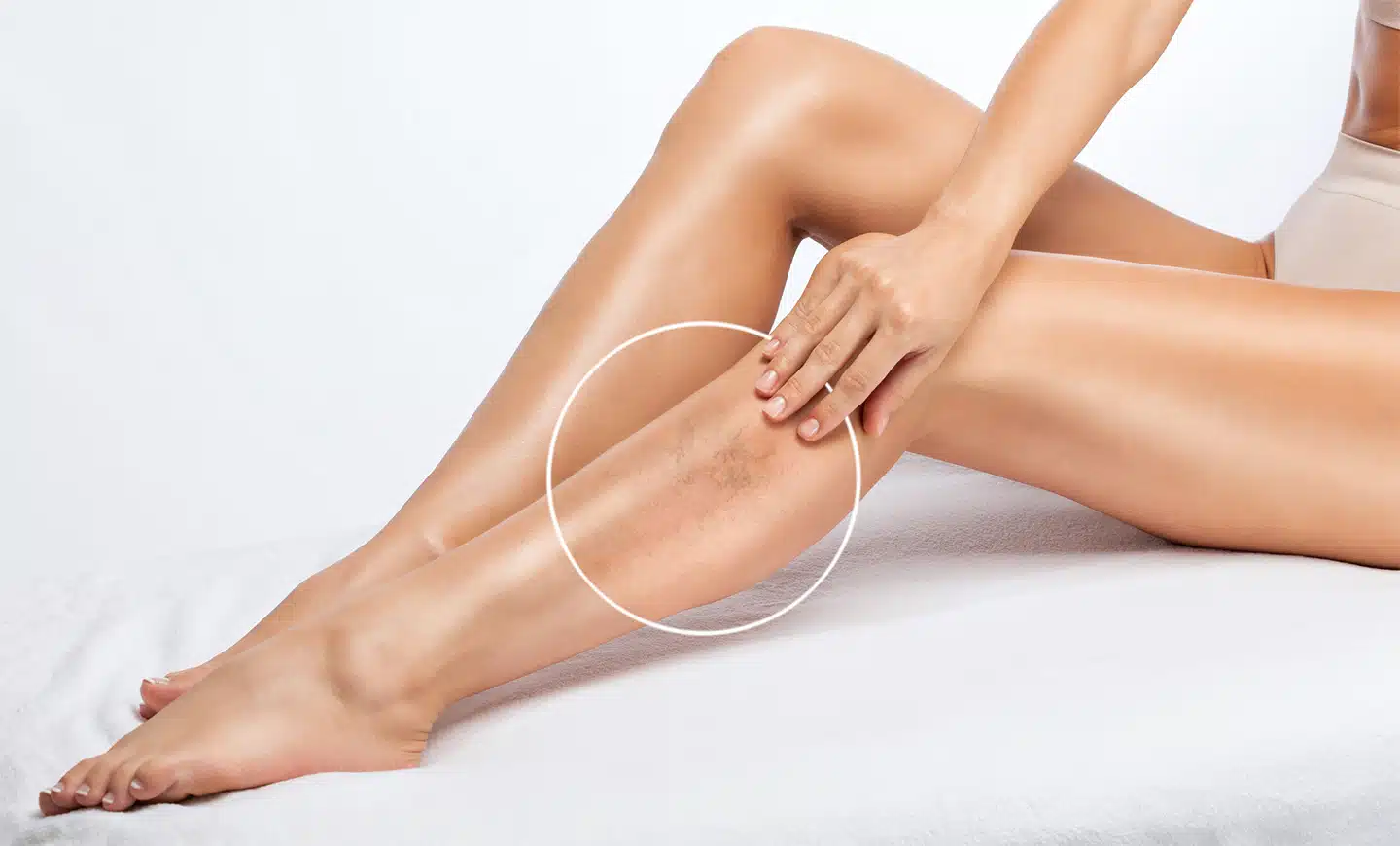We all want healthy, glowing skin, but skincare routines and products aren’t always enough to achieve it. The key to beautiful skin lies in a healthy diet that provides the proper nutrients to support healthy skin cells. Yes, you heard that right; the age old adage “you are what you eat” plays a significant role in healthy skin. In this article, you’re provided with a comprehensive guide to optimizing nutrition for better skin health.
1. Fill your plate with fruits and vegetables
Fruits and vegetables are an excellent source of essential vitamins and minerals that support healthy skin. They are rich in antioxidants such as vitamin C, vitamin E, and beta-carotene. These antioxidants help to protect the skin from damage caused by free radicals and reduce inflammation. The recommended daily intake for fruits and vegetables is five servings a day. Some great options to include in your diet are spinach, sweet potatoes, oranges, and berries.
2. Omega-3 fatty acids
Omega-3 fatty acids are known for their anti-inflammatory properties. They help to reduce inflammation in the skin and improve skin elasticity. You can get omega-3 fatty acids from fatty fish such as salmon, sardines, and mackerel. Vegetarian options include flaxseed, chia seeds, and walnuts.
3. Hydration
Drink plenty of water to keep your skin hydrated from within. Water helps to flush out toxins and impurities from your system, which can lead to healthy and clear skin. The recommended daily intake for water is eight glasses a day, or more if you’re very active.
4. Vitamin E
Vitamin E is a powerful antioxidant that protects the skin from oxidative damage caused by UV rays and pollution. It also supports healthy skin growth and repair. You get vitamin E from foods such as nuts and seeds, avocado, spinach, and wheat germ.
5. Avoid sugar and processed foods
High sugar consumption and processed foods can cause inflammation in the body leading to acne breakouts, wrinkles, and premature aging. Try to limit your consumption of these foods and opt for whole, unprocessed foods instead like fruits and vegetables, lean proteins, and whole grains.
In conclusion, eating a healthy diet filled with fruits and vegetables, omega-3 fatty acids, and vitamin E can improve skin health and reduce inflammation. Drinking plenty of water and avoiding sugar and processed foods can also reduce inflammation and support healthy skin. A healthy diet alone won’t solve all your skin problems, but it can certainly help improve your









